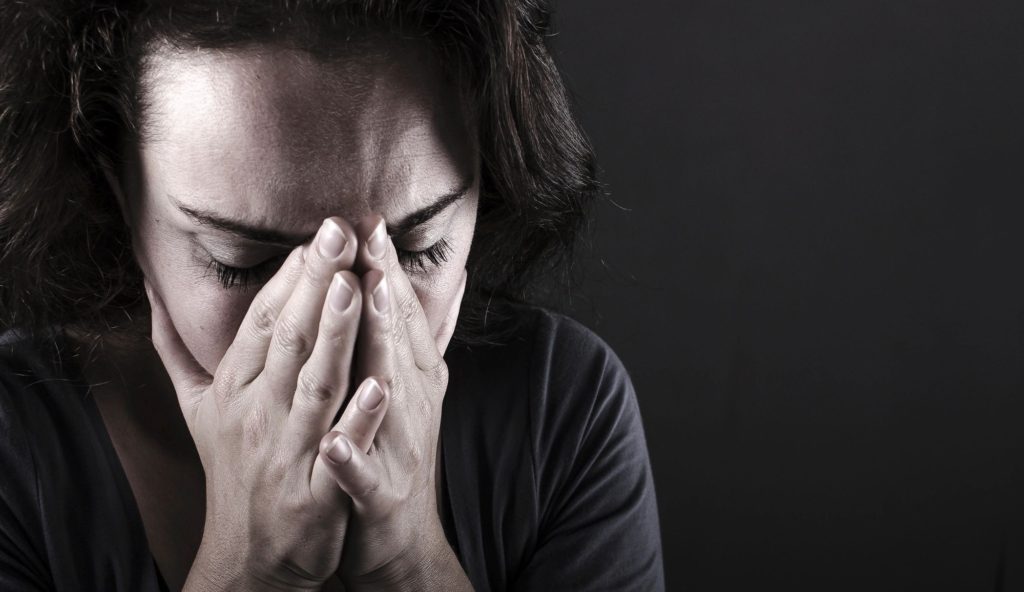A Facebook friend’s testimonial about her assault and rape appeared in my feed recently. Anyone who cares about women can empathize physically and societally. Republicans using smoke and mirror tactics to batter Dr. Christine Blasey Ford about the length of time to report Brett Kavanaugh’s alleged attempted rape is not surprising. That so many Republican women decided to adopt said talking point, is disconcerting and appalling.
Here is my Facebook friends story.
A few years ago, I was assaulted, raped, on a date. Every single detail of that evening is seared into my memory.
Even though I am well informed about what I should do, I did everything wrong. The second I got home, I took a hot shower. I put my clothes into the washer and dryer. It wasn’t as if I willfully ignored what I should do; it didn’t even occur to me to call the police or go to an ER. I was traumatized. I didn’t want to believe it had happened, even though for several days, I relived the horror of it 24 hours a day.The experience of rape does something to your mind.
After 5 days, I finally broke down and told my daughter. At that point, I DID go to the police. By then, the bite marks were receding and the police didn’t think they could get impressions. I had destroyed evidence by showering, washing my clothes, waiting. The police did not blame me for these things. They understood the specific type of psychological trauma woman experience in rape.
The detective on my case brought the rapist in. From what he said in the interview, while the rapist did not directly admit to raping, the detective understood he had raped before, had definitely raped me, and would probably rape again.
The prosecutor was apprised of the case. The prosecutor didn’t feel that the case against the rapist was winnable. Both the prosecutor and the detective told me they would go forward with the case if I wanted to, but they were clear that I would not win. They told me that it would be brutal and that it would be like being raped again. I decided not to go through that psychological trauma when there would be no chance the rapist would be convicted.
The detective told me he was disgusted with the system because of the way woman were treated in the process.
This is why victims don’t report.
#Ibelieveher
#Whywomendontreport
#WhyIDidntReport
Everything I’ve learned is that women respond differently to trauma. I have spoken to many women, not only victims of assault and rape from acquaintances and friends but parents and relatives. Most live their lives without ever talking about it in the open let alone report it to the authorities.
But guess what? Individual men respond differently as well. The only difference is that no one talks about nor are they judge on it. Both women and men calculate the cost-benefit analysis emotionally, socially, and financially. No one judged Terry Crews for the length of time it took him to report his sexual assault. Everyone accepted his reasons without any real questions.
Actor and former NFL star Terry Crews has claimed he was the victim of a sexual assault by a “high-level Hollywood executive”, but did not retaliate or speak out over the incident for fear of being ostracised or sent to jail.
Crews, who played for teams including the Los Angeles Rams, the San Diego Chargers and the Washington Redskins and appears in the sitcom Brooklyn Nine-Nine, recounted the incident via a series of tweets.
The 49-year-old said he was prompted to share his story in the wake of the ongoing Harvey Weinstein scandal. “This whole thing with Harvey Weinstein is giving me PTSD. Why? Because this kind of thing happened to ME,” he wrote.
Dr. Christine Blasey Ford reason for coming out with her story now is clear and well reasoned.
When Donald Trump won his upset presidential victory in 2016, Christine Blasey Ford’s thoughts quickly turned to a name most Americans had never heard of but one that had unsettled her for years: Brett M. Kavanaugh.
Kavanaugh — a judge on the prestigious U.S. Court of Appeals for the District of Columbia Circuit — was among those mentioned as a possible replacement for Supreme Court Justice Antonin Scalia, who died in 2016. When Trump nominated Neil M. Gorsuch, Ford was relieved but still uneasy.
Then, Justice Anthony M. Kennedy announced his retirement, and Ford, 51, began fretting again.
“Her mind-set was, ‘I’ve got this terrible secret. . . . What am I going to do with this secret?’ ” her husband, Russell Ford, 56, recalled.
To many, Kavanaugh was a respected jurist. To her, he was the teenager who had attacked her when they were in high school.
Ford had already moved 3,000 miles away from the affluent Maryland suburbs where she says Kavanaugh sexually assaulted her at a house party — a charge he would emphatically deny. Suddenly, living in California didn’t seem far enough. Maybe another hemisphere would be. She went online to research other democracies where her family might settle, including New Zealand.
“She was like, ‘I can’t deal with this. If he becomes the nominee, then I’m moving to another country. I cannot live in this country if he’s in the Supreme Court,’ ” her husband said. “She wanted out.”
These were the lengths that Ford, a professor and mother of two, once considered to avoid revisiting one of her most troubling memories — one she’d discussed only in therapy and with her husband.
All evidence points to Dr. Ford as more credible than Kavanaugh. That is likely the reason Republicans are attempting to stifle any inquiries. They want to get this partisan on the Supreme Court quickly.

